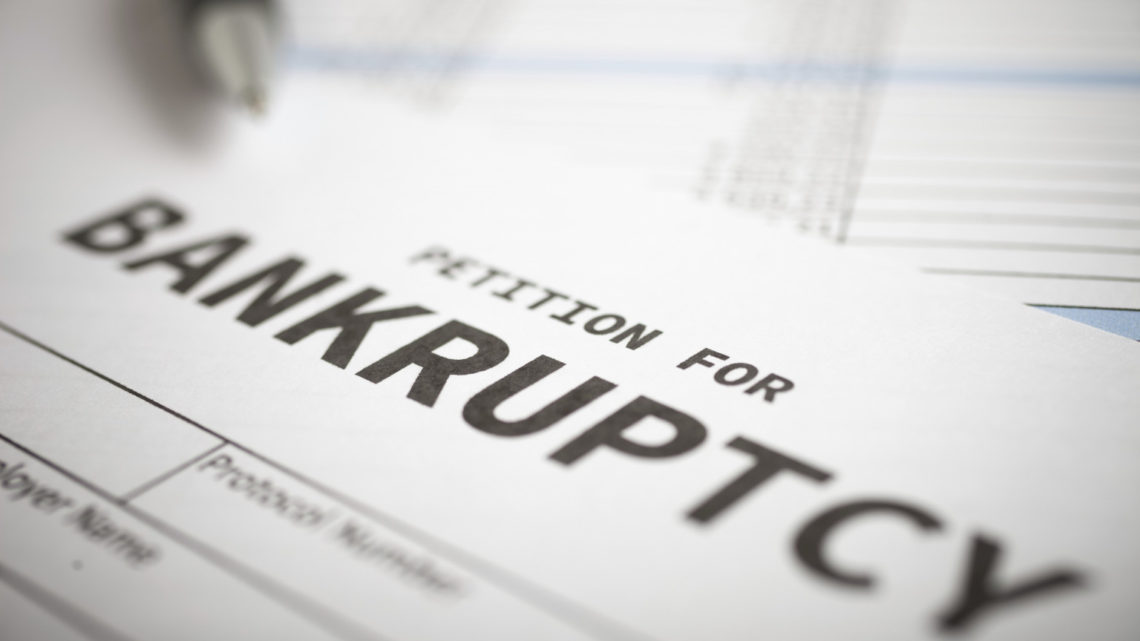With so much uncertainty in the world right now due to the Covid-19 pandemic, many people have been hit hard with financial issues. Not left with many choices on the table, a large number of people are filing for bankruptcy to get out of debt.
A lot of information surrounding bankruptcy is often geared towards a national audience. Given that The Bankruptcy Code is federal law, many of the steps involved operate in a similar fashion around the country.
However, every state in the US also has its own laws surrounding bankruptcy. One avenue where state laws get a little different is bankruptcy exemptions.
How Bankruptcy Exemptions Work
Filing for bankruptcy often involves a restructuring of your assets and properties to pay off your debt. That’s where exemption laws come into place to offer some form of protection.
Exemption laws were created by every state and the federal government to protect the properties of debtors against their creditors.
It’s important to mention that the amount that you can exempt is dependent on two main things:
- Your financial situation.
- The state where you reside.
Essentially, if your property is worth more than the allowed exemption amount in your situation, the bankruptcy trustee most probably will sell the property to be able to pay your creditors. If your property is worth less than the total amount of the allowed exemption in your state, then it’s fair game.
Some states give their residents the option of choosing between state and federal exemptions depending on what fits best for them. In Arizona, only state exemptions are allowed to be followed by people filing for bankruptcy (that meet the residency requirements).
Most Common Arizona Bankruptcy Exemptions
Under Arizona state law, the top 5 bankruptcy exemptions are:
- Wages
- Personal Property
- Homestead
- Vehicle
- Pension/Retirement
Wages
Up to 75% of all disposable earnings are exempt.
Personal Property
Some of the notable personal property exemptions include:
- $6,000 of value in household furnishings
- Food, fuel, & provisions to last 6 months
- Clothing of up to $500 value
- Pets that do not exceed $500 in value
All of these exemptions are doubled in the case of a married couple filing together.
Homestead
If you own your residence, you’ll be eligible for a $150,000 homestead exemption. This particular exemption can not be doubled for married couples filing jointly.
There might be limits imposed if you’ve only resided in the property for less than 40 months, contact an expert Arizona bankruptcy lawyer for more information about your particular situation.
It’s also important to note that the Arizona homestead exemption only covers your primary residence, it does not cover investment properties and properties that you do not occupy.
Vehicle
In Arizona, debtors are able to exempt one vehicle with a fair market value of no more than $6,000, or $12,000 if the debtor is disabled.
Pension/Retirement
Exemptions for retirement in Arizona:
- Public Pensions
- Retirement Payments
- IRAs
Find Out More About Exemptions By Calling an Attorney
Filing for bankruptcy can be a daunting process for anyone having to go through it. That’s why the goal of this article is to help guide you in your bankruptcy case. To ensure you avoid any pitfalls or shortcomings, you should always consult with an expert bankruptcy attorney. This way you can guarantee that your case would be professionally planned and executed to prevent any further losses.



No Comment